
The reason behind children not visiting their parents
Family bonds are among the most powerful and emotional connections we form, yet they’re not always easy to maintain. In many families, parents often find themselves hurt or confused when their adult children rarely call, visit, or show interest in their lives. While this distance can feel cold or painful, it usually has deep emotional roots that go far beyond simple neglect or indifference.
Some children pull away after years of unresolved tension, emotional neglect, or misunderstandings that were never properly addressed. Others step back to protect their mental health or to set long-overdue boundaries. Though the reasons vary—from generational differences and conflicting values to painful past experiences—the result is often the same: sadness, guilt, and confusion on both sides.
This article explores the complex reality behind why some adult children choose distance over connection and what families can do to begin healing these emotional divides.
Changes in Family Dynamics
As children grow older, life circumstances naturally shift. Many start their own families, take on demanding careers, or move far away from home. These changes often leave little time for family gatherings or regular visits. What may begin as a practical issue—such as distance or busy schedules—can slowly evolve into emotional disconnection if not carefully managed.
Parents may perceive fewer visits as rejection, while children may see them as an unavoidable part of adulthood. Both perspectives are valid, but without communication, assumptions can turn small gaps into lasting emotional distance. Recognizing that relationships must evolve with time is the first step toward maintaining closeness in changing family dynamics.
Unresolved Conflicts and Emotional Wounds
Unresolved tension or old emotional wounds between parents and children often play a major role in why visits become rare—or even nonexistent. Issues like favoritism, harsh criticism, or lack of support during key life moments can leave deep marks.
When the past remains unspoken, both sides may continue to carry unhealed pain into every interaction. Honest, respectful conversations—no matter how uncomfortable—can help clear the air and rebuild a more genuine, healthy bond. While easier said than done, addressing the past directly is often the only way to move forward.
Miscommunication and Unclear Expectations
Sometimes, emotional distance stems not from conflict, but from simple miscommunication. Parents may assume their children know they are always welcome, while children might hesitate, unsure of boundaries or expectations. A lack of explicit communication can quietly grow into long-term estrangement.
Small efforts—like clearly expressing affection, setting realistic expectations for visits or calls, and showing appreciation—can make a significant difference. Open, consistent communication helps transform obligation into genuine connection.
The Role of Emotional Support
When parents fail to recognize or validate their children’s emotions growing up, the effects often last well into adulthood. Many adult children carry a lingering sense that their emotional needs were minimized or dismissed, which can lead to resentment and emotional withdrawal.
Even as adults, children still crave understanding and empathy from their parents. When these are missing, they may unconsciously distance themselves to avoid repeating old emotional patterns. Parents who learn to listen without judgment and to respect their children’s boundaries can begin to rebuild trust and closeness over time.
Parental Narcissism and Its Long-Term Effects
Narcissistic parenting—where a parent’s needs consistently come before the child’s—can severely damage the foundation of a healthy relationship. Such parents may struggle to show empathy or admit fault, leaving children feeling unseen and undervalued. As adults, these children often limit contact to preserve their own emotional stability.
For relationships affected by narcissism or similar patterns, empathy and self-awareness are essential. Parents can take the initiative to acknowledge past mistakes and express genuine remorse. Children, in turn, might find support through therapy or guided conversations that help them set healthy boundaries while still allowing space for healing.
Finding the Path Back to Connection
When visits or conversations become rare, both parents and children can respond with empathy rather than blame. Instead of focusing on the frequency of contact, families can prioritize the quality of emotional connection—listening, sharing, and showing understanding even across distances.
Family therapy, open dialogue, or even small gestures of appreciation can help rebuild trust and reestablish warmth. While it’s natural for the parent–child relationship to change as both sides grow older, maintaining emotional connection remains the key to a healthy, enduring bond.
News in the same category


Scientists Just Won a Nobel Prize for Discovering How to Stop Your Immune System from Attacking You

What’s the Reason Behind Painting Trees White?

People Left Disgusted: Shocking Truth About How Crabsticks Are Made

The Purpose of the Overflow Hole in Your Sink You Never Knew
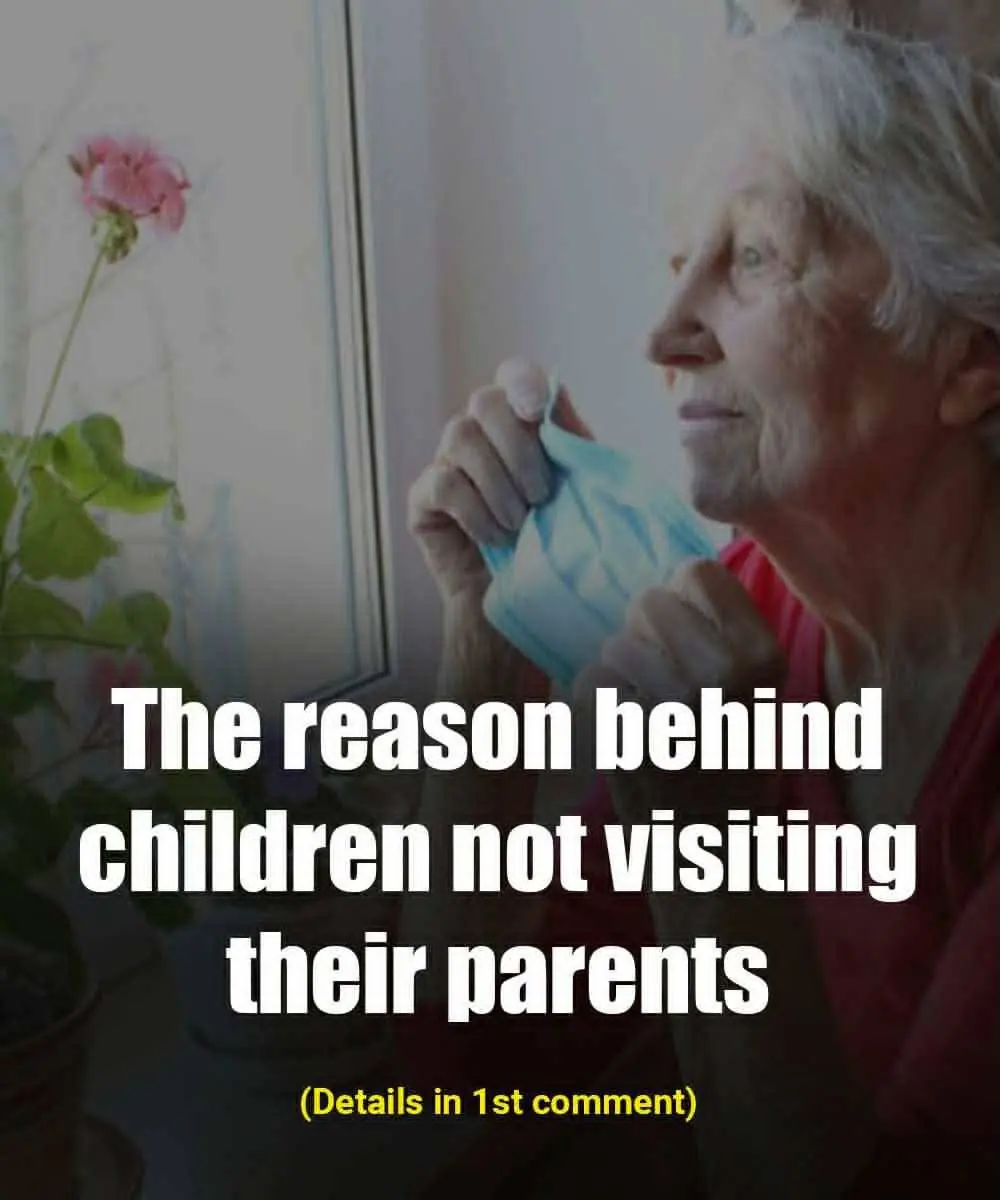
The reason behind children not visiting their parents

Powerball Winner Turns $2 Billion Fortune Toward Rebuilding Fire-Ravaged L.A. Homes

The Astonishing Claim That Humans Might Be Built for 20,000 Years

Signs Your Adult Child May Resent How You Raised Them

What’s the Reason Behind Painting Trees White?

When ants randomly crawl into the house, here's what the Universe is trying to tell you

6 things in the house that reveal a messy woman

What it means to let your gray hair grow and not dye it, according to psychology

Never throw away this part of the bananas: that's why it's worth its weight in gold in the house

What Mixing Vinegar, Salt, and Water Does?

The Surprising Purpose of the Metal Part Between Scissors’ Handles
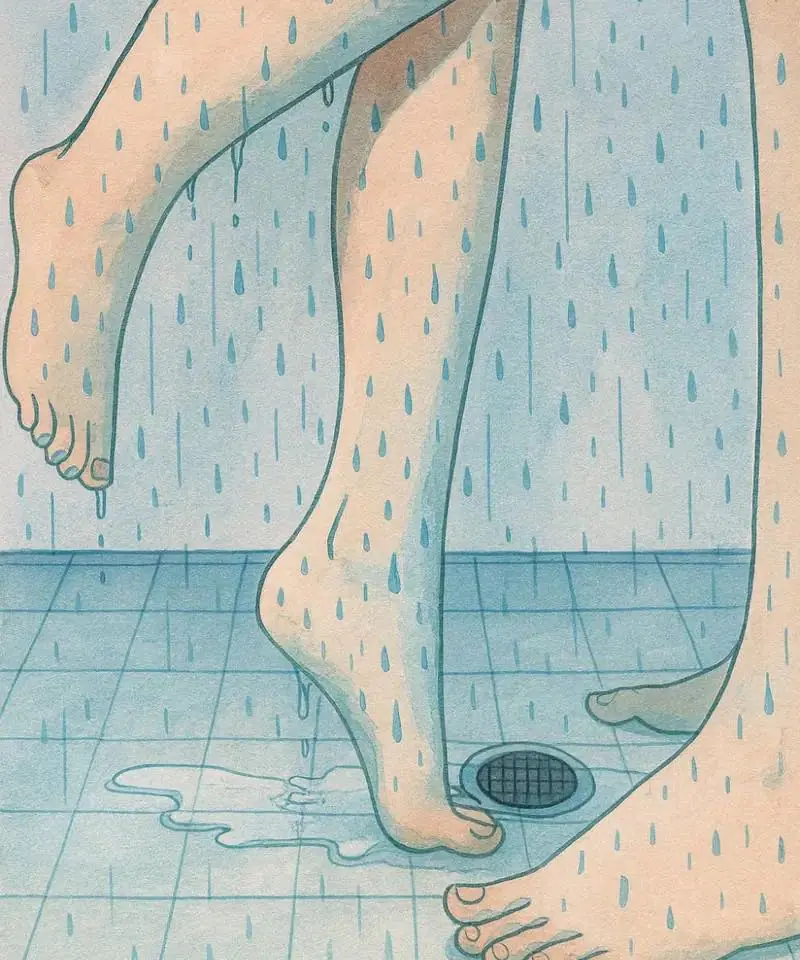
Showering with Your Partner

How a $20 Million Dream Home Became a Monument to Nowhere

The Man Who Can ‘Prove’ Life Is a Simulation With Just a DMT Vape and a Laser
News Post
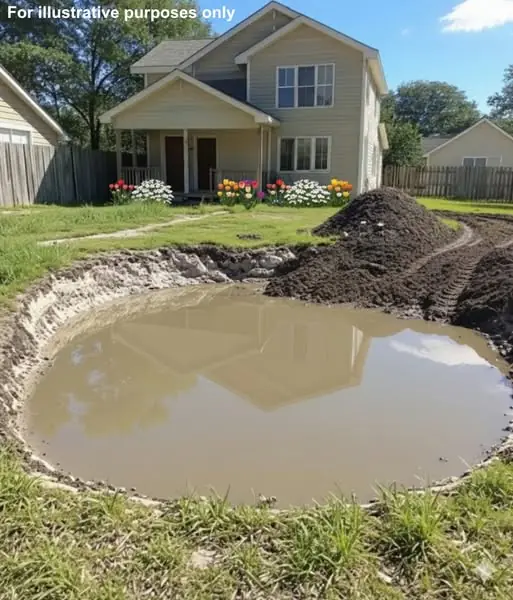
My Pushy Neighbor Filled in My Beloved Pond While I Was Away — But What Happened Next Proved You Should Never Mess With Grandma
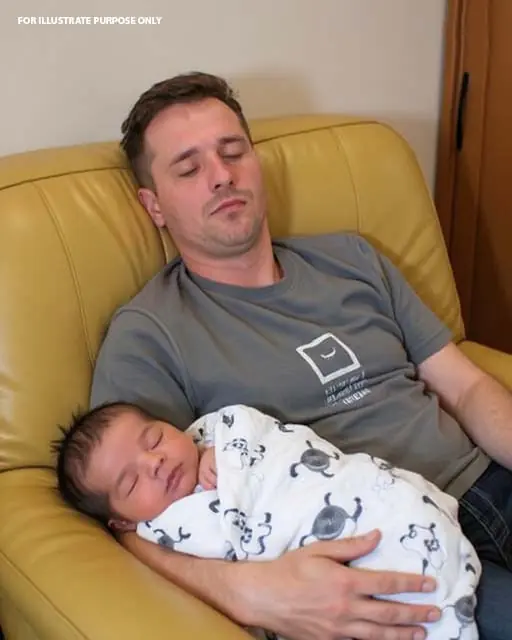
My Husband Believed I Did Nothing All Day with Our Baby—Until I Left Him Alone for a Week

Entitled Woman Threw Coffee on My Waitress Mom — She Never Expected the Calculated Lesson I Taught Her
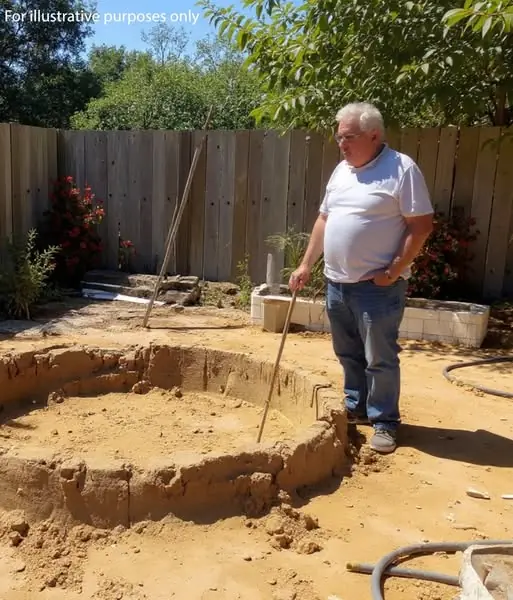
FIL Destroyed My Beloved Backyard to Dig a Pool without Asking — Karma Made Him Pay the Price in Mud and Finesse

Five Years After My Wife’s ‘Death,’ I Went to My Best Friend’s Wedding — The Bride’s Face Stopped My Heart

Irina and Grigory divorced when their daughter Anya turned two years old. Grigory simply couldn’t live with his wife.

A Stranger Kept Stealing My Parking Spot and Leaving His Number—When I Finally Learned Who He Was, My World Shattered
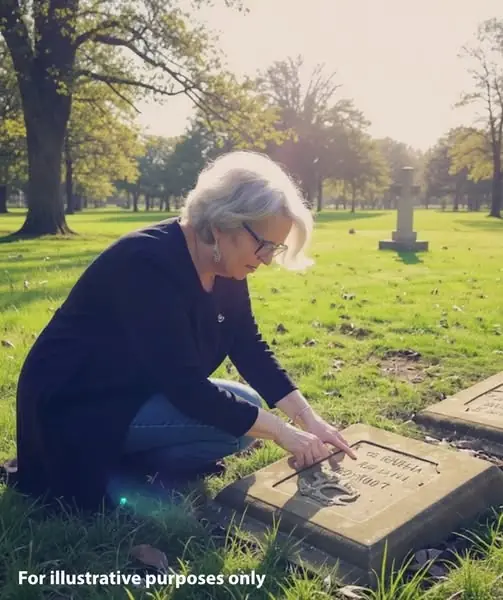
I Found My Daughter-in-Law’s Grave Beside My Son’s. I Was Utterly Shocked When I Discovered the Chilling Truth.

My Date Insisted on Paying the Bill — I Soon Realized I Should Never Have Let Him
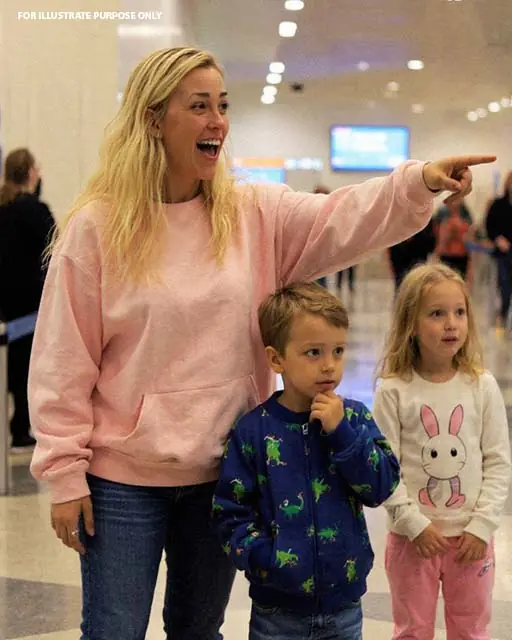
My Mom and Sister Tried to Turn My Disneyland Trip Into Free Babysitting—But I Outsmarted Them With a Better Plan

— Find someone to look after the baby and come to the dacha, I need your help, — demanded my mother-in-law, but I refused.
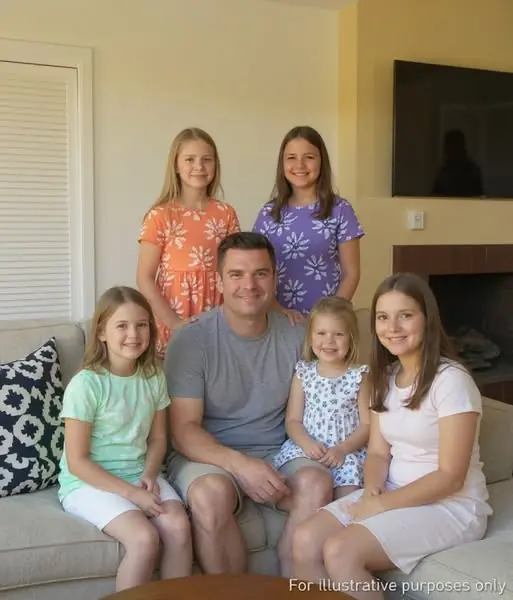
The Unexpected Lesson: When a Demand Became a Plea
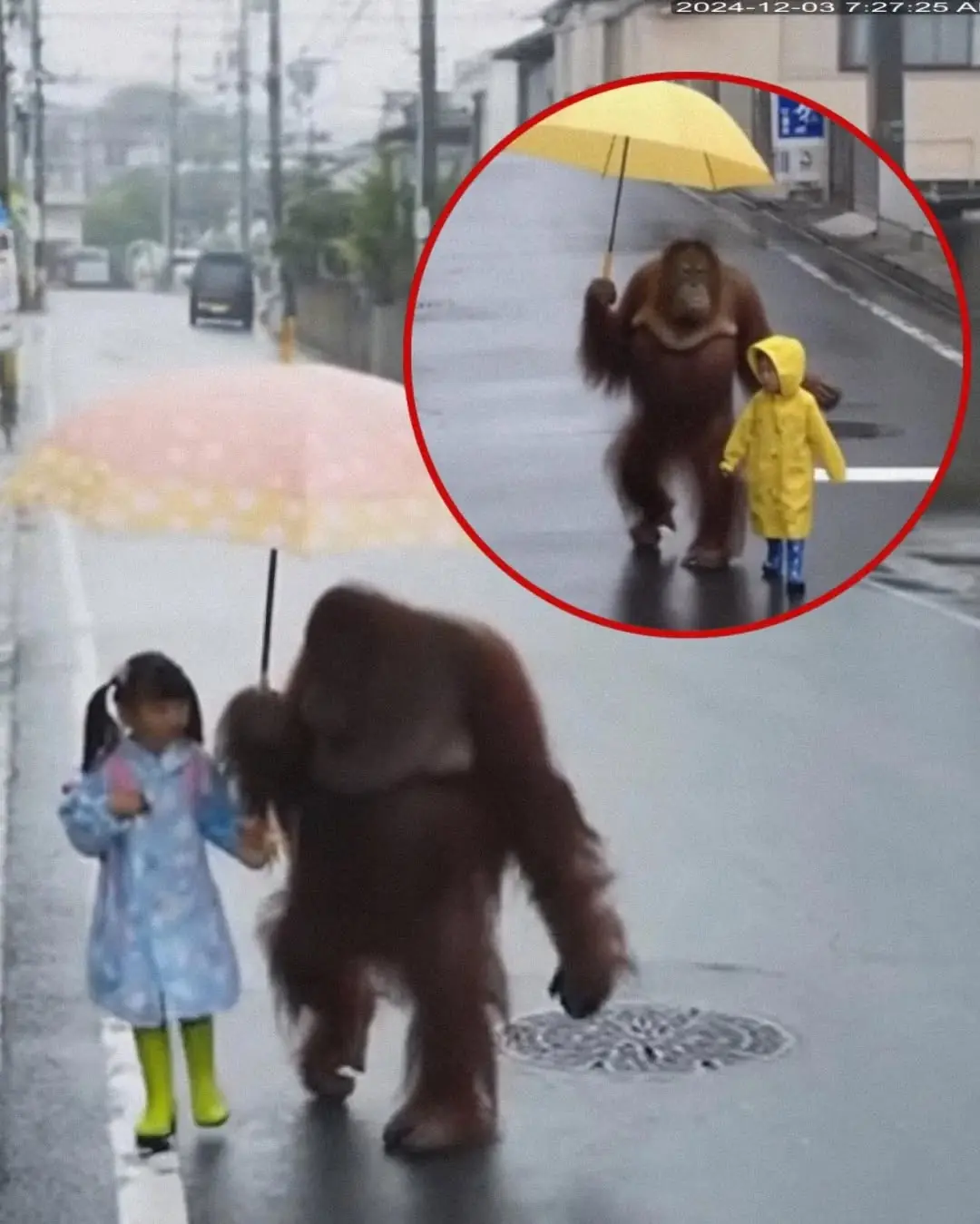
When the Rain Falls, He Comes: The Gentle Guardian They Call the Phantom of the Rain

Chicken Feet Stewed with Black Beans: The “Collagen Soup” as Nutritious as Ginseng

He set up his wife and put her behind bars, but she was smarter.

Your mother will be sent to a nursing home, and mine will come to live with us,” declared her husband.
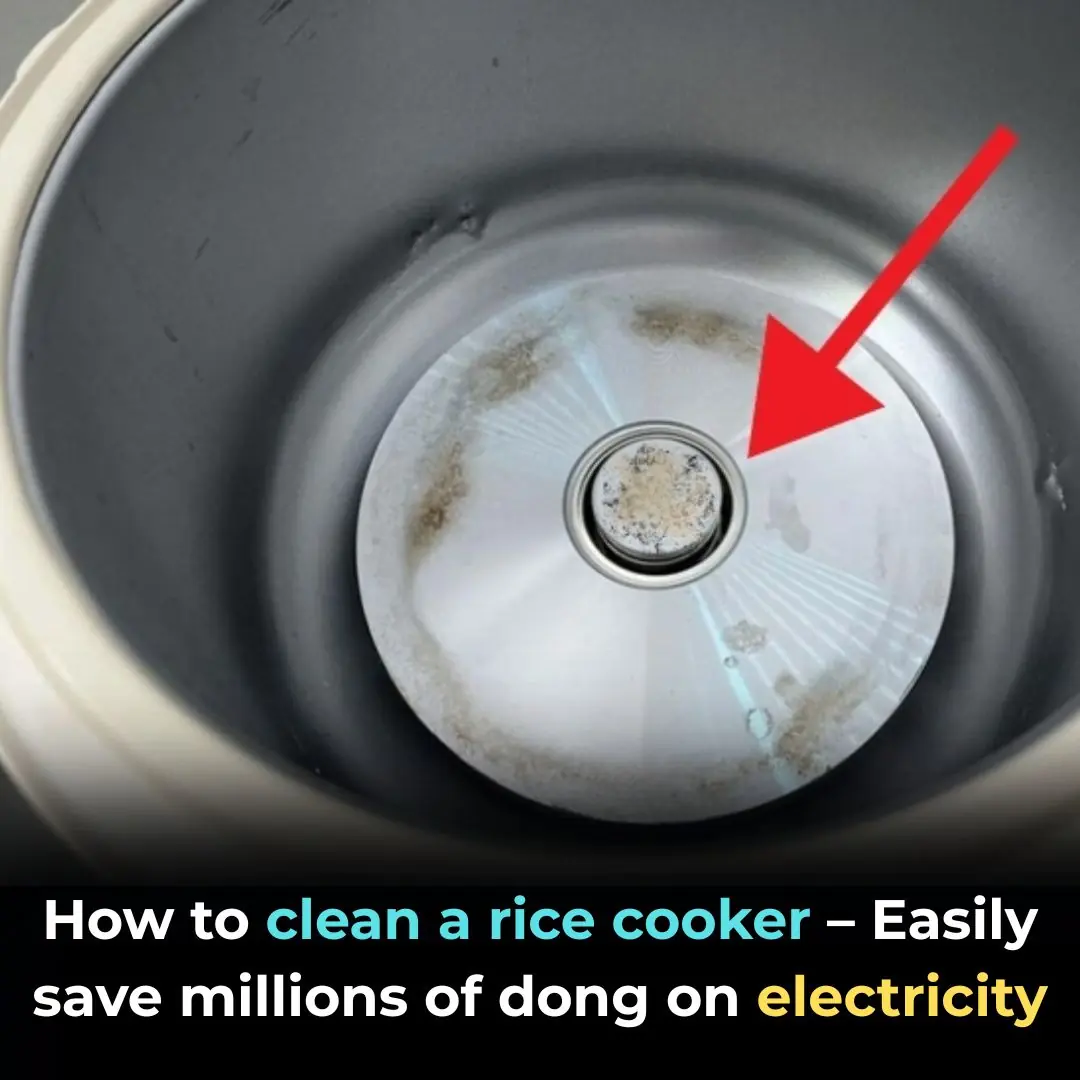
Save Hundreds on Electricity Bills Every Year by Cleaning This Hidden Part of Your Rice Cooker

7 Foods That Can Last for Years — Even “Past Expiration” Dates

The doctor became a dishwasher after the divorce, but one decision in a tavern changed her fate forever
